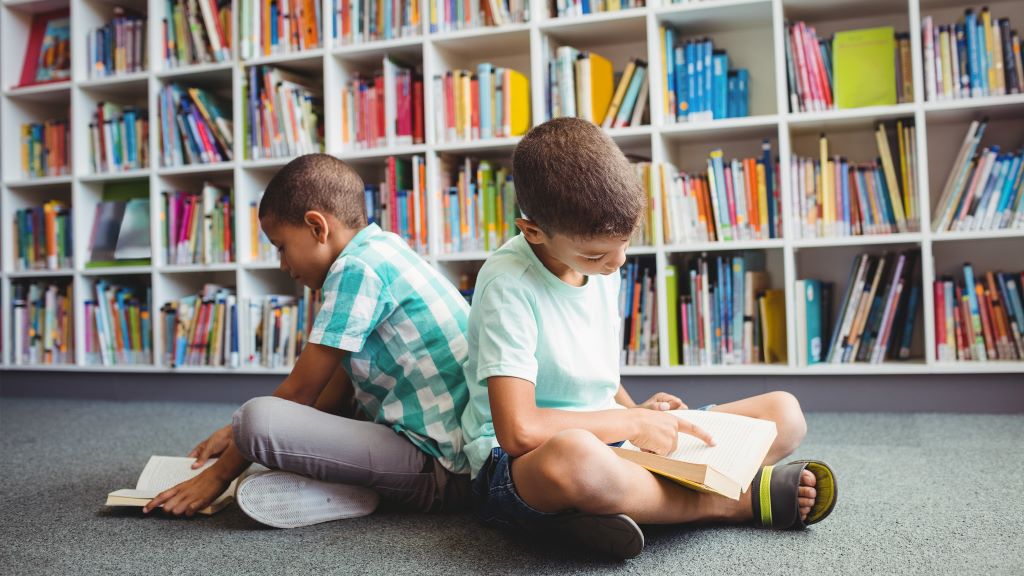Strategies for Boosting Literacy in Education

In today’s rapidly evolving world, literacy is more critical than ever. As the bedrock of learning and communication, it significantly influences personal development and societal advancement. Implementing adequate education support can transform both individuals and their communities. But what are the best strategies for enhancing literacy in education? This article explores various methods to improve literacy, from tech integration to kids tutoring, showcasing how these strategies can make a meaningful impact.
Introduction to Literacy
Literacy includes more than simply the capacity to read and write; it includes understanding, interpreting, and communicating information effectively. This ability is crucial for individual empowerment and societal progress. Communities with high literacy rates typically enjoy enhanced economic conditions and robust social participation. For instance, literacy can lead to greater employment opportunities and higher incomes, contributing to economic growth and stability. The ripple effect of improved literacy on community engagement, economic development, and individual well-being is profound, making it a pivotal aspect of educational frameworks.
Innovative Teaching Methods
Diverse teaching methods cater to varied learning styles, significantly impacting literacy outcomes. Teachers who employ interactive workshops foster active participation in a classroom setting, encouraging students to explore and express ideas dynamically. Storytelling and role-playing are potent tools that capture interest and promote understanding through narratives that resonate with students. By diversifying instruction, educators can meet the unique needs of learners. This personalization enhances engagement and leads to meaningful literacy development.
Role of Parents in Literacy Development
Parents play an indispensable role in nurturing literacy skills. The home environment, rich with linguistic interactions, is a primary sphere for literacy development. Activities like reading aloud and encouraging storytelling ensure children are exposed to language in varied contexts. Such practices bolster vocabulary and cultivate an enduring love for reading. Furthermore, parents model critical thinking and analytical skills by engaging in discussions about books and stories. Encouragement and consistent involvement from parents can make a significant difference in a child’s literacy journey, helping to instill a lifelong affinity for learning.
Importance of Early Childhood Education
Early childhood education is pivotal for laying the groundwork for lifelong learning. Research indicates that early exposure to language and literacy concepts significantly influences a child’s academic trajectory. Preschool programs emphasizing literacy provide children with foundational skills essential for success in primary education and beyond. Early learners thrive in environments where they are introduced to books, storytelling, and interactive reading sessions. These experiences play a crucial role in cognitive development and social interaction skills, preparing children for the more structured learning environments they will encounter.
Utilizing Technology in Learning
Incorporating technology into education has revolutionized the approach to literacy learning. Digital tools such as e-books, online educational platforms, and interactive apps provide novel opportunities for engaging with reading and writing. They make literacy accessible and enjoyable, particularly for students who may not have access to physical books. Platforms offer a wealth of resources that support literacy and critical thinking abilities. However, educators and parents must be vigilant in balancing digital tools with traditional methods to prevent excessive screen time, ensuring technology complements rather than supplants essential face-to-face interactions and learning experiences.
Overcoming Literacy Challenges
Although literacy is a fundamental right, numerous individuals encounter barriers in their literacy journey. Learning disabilities, socioeconomic factors, and educational inequalities can impede literacy acquisition. Identifying these obstacles and implementing targeted strategies is crucial for equitable literacy education. Specialized support, such as individualized instruction plans and accessible learning materials, can help bridge gaps in literacy. Teachers, guardians, and communities must work together to guarantee every learner can access the necessary tools and support, creating inclusive learning environments where all students can thrive.
Measuring Success in Literacy Programs
To understand the impact of literacy programs, robust metrics for evaluation are essential. Standardized testing and qualitative feedback provide insights into reading comprehension levels and writing proficiency. These assessments help educators identify areas needing improvement and adapt their strategies accordingly. Consistent feedback loops from students and teachers foster a culture of continuous improvement, driving program efficacy. By emphasizing regular evaluation, educational institutions can ensure their literacy initiatives remain relevant and practical, ultimately enhancing learning outcomes.
Looking Forward: Future Trends
The landscape of literacy education is continuously evolving, offering exciting possibilities for the future. Emerging technologies, such as augmented reality and adaptive learning platforms, promise to transform traditional literacy teaching methods. These innovations provide personalized learning experiences, catering to individual needs and pacing. Additionally, interdisciplinary approaches integrating literacy with other subjects, such as science and math, are gaining traction, fostering holistic education. As educational trends advance, educators and policymakers must remain adaptable, embracing new methodologies to improve literacy across diverse learning environments.
